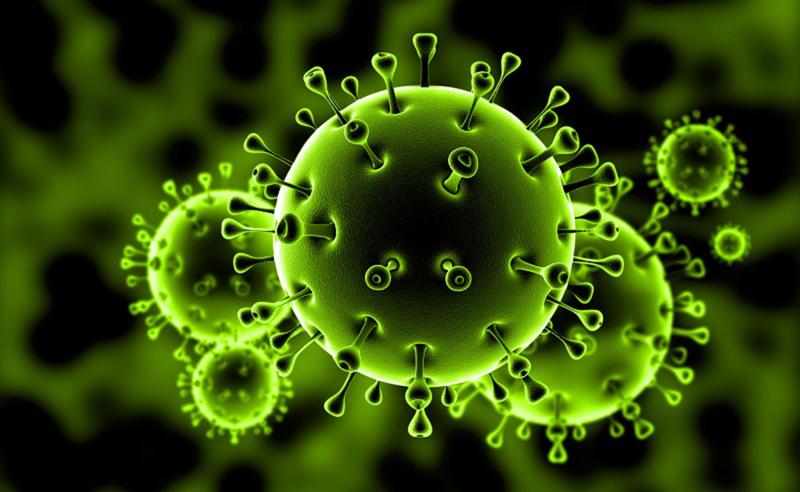Why do I still need a vaccine if I’ve already had COVID?
Health officials around the world are urging everyone – including those who have had COVID-19 – to be vaccinated against the virus. Why?
“Currently, the evidence is showing that the protection provided by a full COVID-19 vaccine series is stronger and longer than the protection from natural infection,” reported Dr. Satchan Takaya, Infectious Diseases Specialist and Medical Lead for Infection Prevention and Control for the Saskatchewan Health Authority.
What does that really mean? For most people with a healthy immune system, getting COVID-19 does protect a person from getting COVID-19 again for a short time.
“But compare this to immunization with a COVID-19 vaccine, which provides protection without getting a COVID-19 infection, avoiding the risk of hospitalization, long-COVID symptoms and death. And it provides a better and longer-lived immune response,” Dr. Takaya noted.
Long story short: getting vaccinated ensures you are protected well beyond what any natural immunity can do. You will be less likely to get COVID-19 again by getting immunized, even if you have recovered from COVID itself.
Some think serology testing – testing for COVID-19 antibodies in your blood – is a way to prove they are immune from COVID-19 after getting the virus.
However, positive antibody test results (through serology testing) can only show that you’ve either been exposed to COVID-19 OR vaccinated OR both. It cannot tell you if you are protected from COVID-19.
More information can be found on the Government of Saskatchewan website.
"Being fully vaccinated remains one of the most effective ways to protect our families, communities and ourselves against COVID-19 and its variants,” stated Dr. Takaya. “Vaccination, in combination with public health and individual measures, will reduce the spread of COVID-19. Vaccination is not a cure, but it is your best defense.”



